The DASH Diet
In response to a rise in heart disease and other chronic diseases, the Dietary Approaches to Stop Hypertension (DASH) diet was developed in the 1990s. The DASH diet focuses on whole foods, low sodium, increased potassium, healthy fats, and lean protein. In addition to reducing stress and increasing exercise, the DASH diet improves blood pressure, cholesterol, and blood glucose levels.
The DASH diet is not intended to be a short-term “diet” but rather a lifestyle change to improve your health. For a positive impact on heart health, foods naturally low in sodium, high in potassium, low in trans and saturated fat, and low sugar are recommended.
The DASH diet recommendations are:
*The following recommendations are based on a 2,000 calorie/day diet. For more information click here.
*Serving sizes: 1 cup is roughly the size of your fist, 1 ounce is roughly the size of your thumb, and 1 teaspoon is roughly the size of your thumb tip (knuckle up). 3 teaspoons = 1 tablespoon.
- Grains: 6-8 servings per day. Eat a variety of whole grains like whole wheat bread and pasta, rice, quinoa, and oatmeal. Whole grain products are more nutrient dense and contain more fiber then refined grains. 1 serving = 1 slice of bread, or 1/2 cup of cooked pasta, rice, quinoa, or oatmeal.
- Veggies: 4-5 servings per day. Incorporate a variety of vegetables into your meals to increase your consumption of fiber, vitamins, and minerals. 1 serving = 1 cup of raw leafy greens, or 1/2 cup raw or cooked veggies.
- Fruit: 4-5 servings per day. Work more fruit into your diet as a part of a meal or snack. Like vegetables, fruit is high in fiber, vitamins, and minerals. When possible, leave the peels on to maximize nutrients. 1 serving = 1 medium (tennis ball sized) fruit, 1/4 cup dried fruit, 1/2 cup of fruit juice, or 1/2 cup of fresh, frozen or canned fruit.
- Dairy: 2-3 servings per day. Enjoy milk, yogurt, and cheese in small quantities. Low- or fat-free dairy is best to manage weight and improve cardiovascular health. If lactose intolerance is a concern, use lactose-free dairy or take a lactase enzyme before eating dairy. 1 serving = 1 cup of milk or yogurt, or 1 1/2 ounces part-skim cheese.
- Lean protein: 6 or less servings per day. Eat 6 ounces of lean protein a day including fish, eggs, poultry and other lean meats. 1 serving size = 1 ounce of cooked meats, poultry or fish, or 1 egg.
- Nuts, seeds and legumes: 4-5 servings per week. Include nuts, lentils, beans, peas, and sunflower seeds in your diet. However, because of high fat (even though its the good kind), watch serving sizes. 1 serving = 1/3 cup of nuts, 2 tablespoons of peanut butter or seeds, or 1/2 cup of cooked beans or peas.
- Fats and oils: 2-3 servings per day. 1 serving = 1 teaspoon of soft margarine, 1 tablespoon of mayonnaise, or 2 tablespoons of salad dressing.
- Sweets and added sugars: 5 or less servings per week. It is okay to indulge a little throughout the week but make sure the sweets chosen are low in fat. 1 serving = 1 tablespoon of sugar, jam or jelly, 1/2 cup of sorbet or jello, or 1 cup of lemonade.
Tips to succeeding with the DASH diet:
- To reduce sodium intake try to steer clear of processed foods and ingredients. Cooking at home will allow you to control portion size, fat and sodium content. And although it may be an adjustment, cooking without salt can still taste good! Click here to learn how to make your own salt free spice blends.
- Keep physically active. Working out will not only help you de-stress it will help you reach your goals and improve your cardiovascular health.
- Have a support system. Work with your Medical team to adjust to the DASH diet. And let your friends and family know what you are doing to improve your health.
- Start slow and don’t be too hard on yourself. Adopting a lifestyle change like this one can be tough. But keep in mind how important your health is and that it will get easier with practice! Make small changes at a time. Before you know it you will feel better and be a DASH diet pro.
This article is for educational purposes only. Before making any changes to your diet, supplementing or taking any over the counter product consult your Doctor. If you need help learning more about healthy eating, consult your local Registered Dietitian Nutritionist.
Click here to read this article in Spanish.
You may also be interested in:
- Heart Health: Managing Your Cholesterol
- Heart Health: Blood Pressure
- 5 Tips for Preventing Kidney Stones
- Nutrition and Your Skin: Top 10 Tips
Sources:
Mayo Clinic






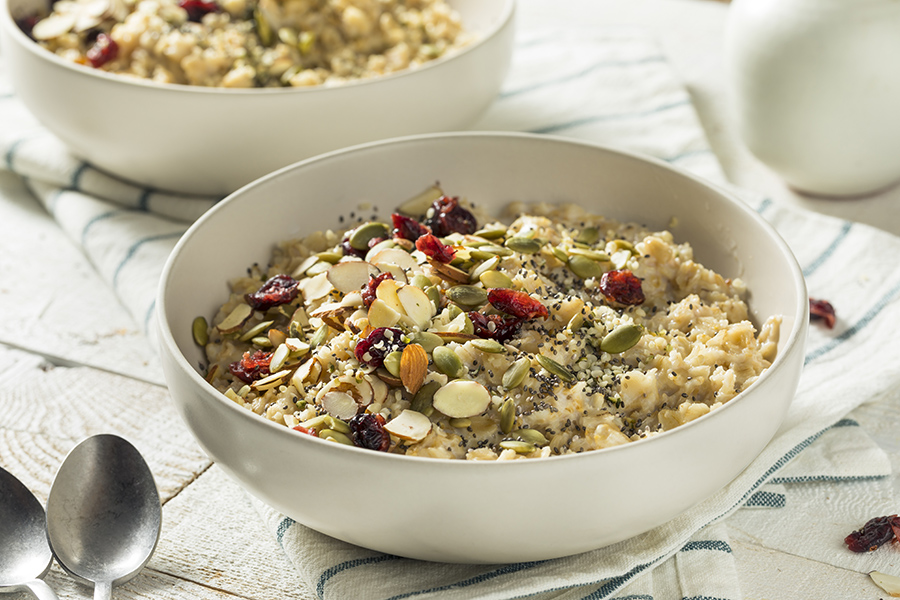




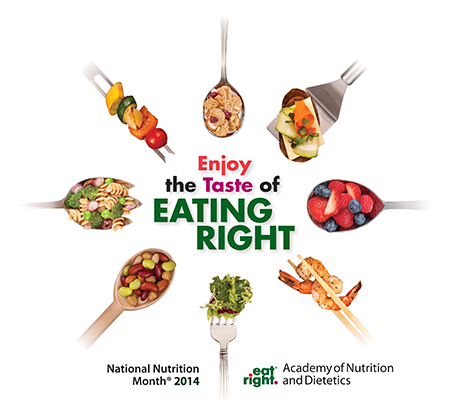
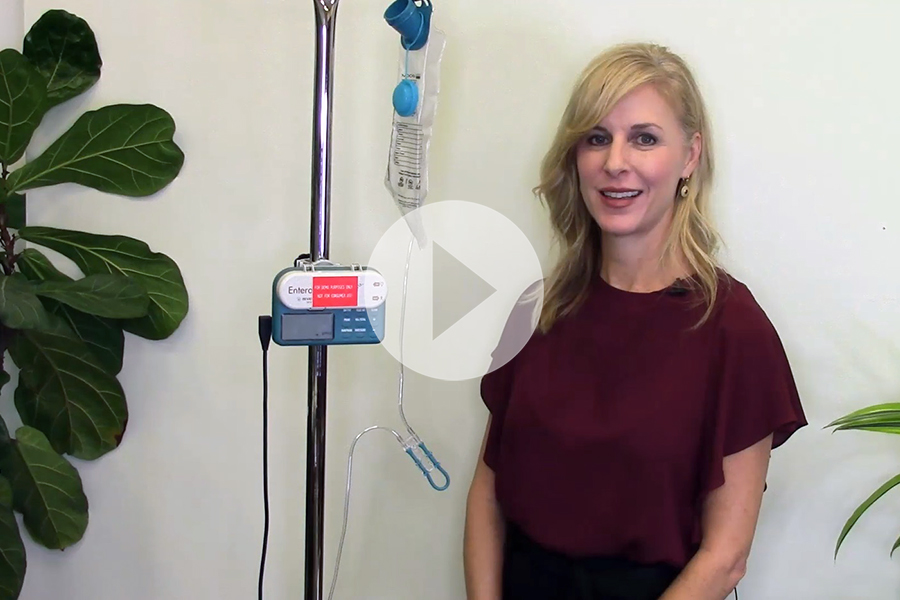
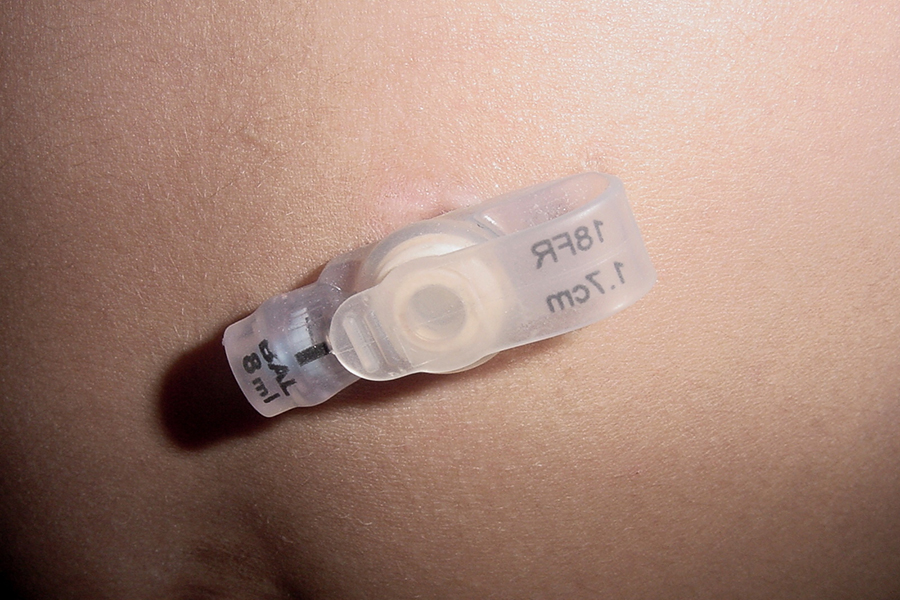
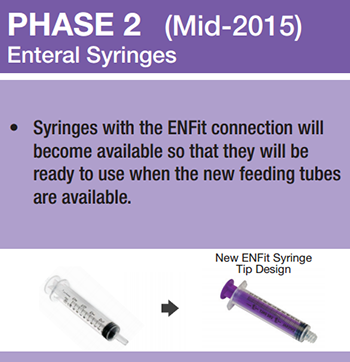
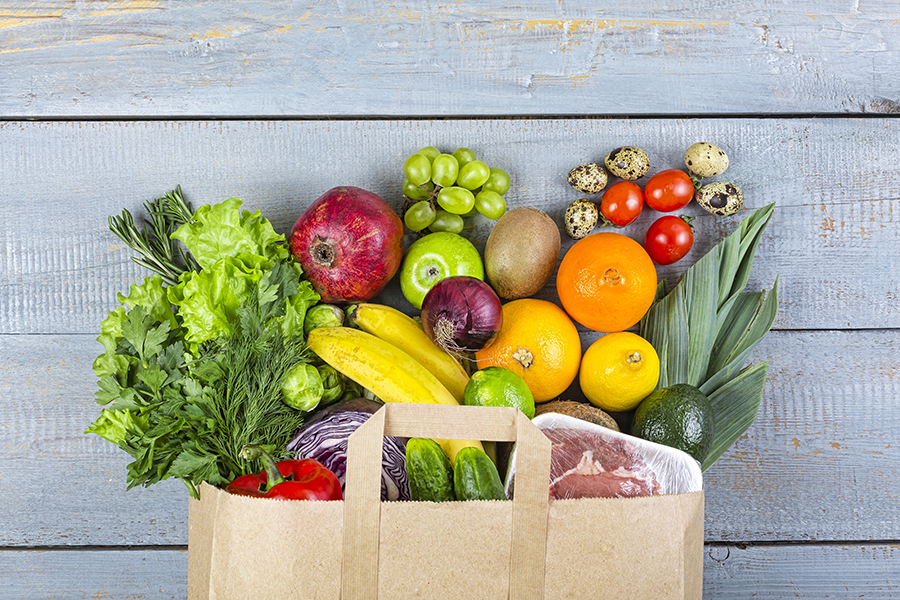
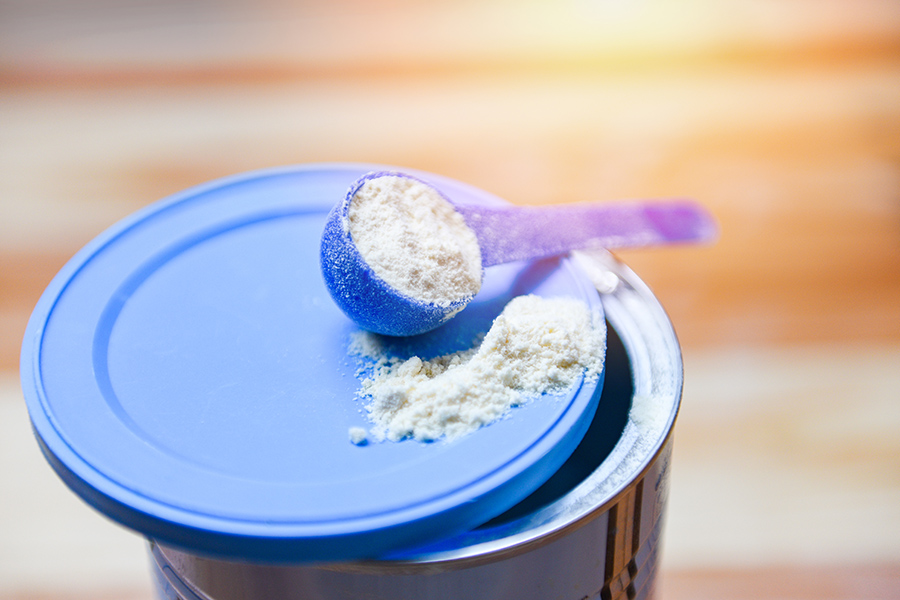
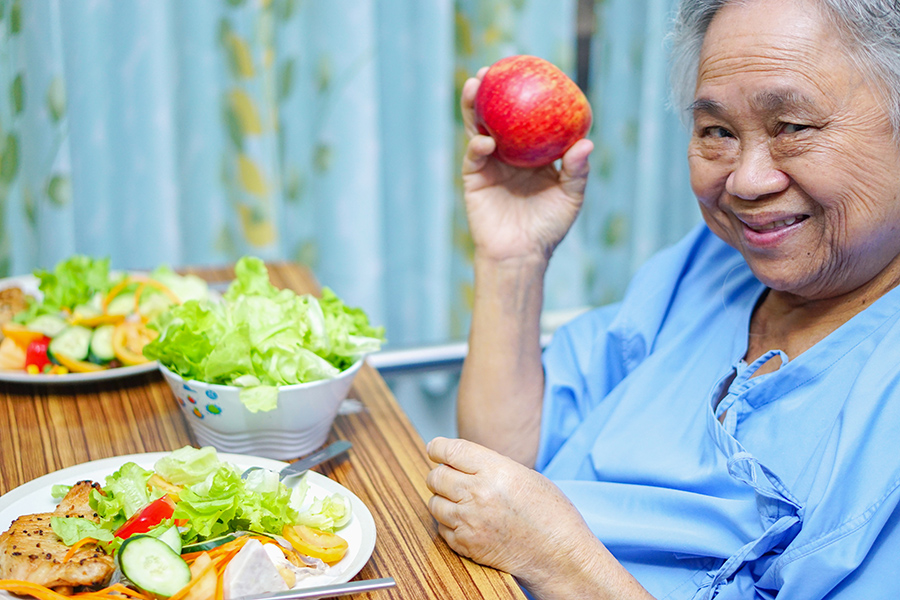
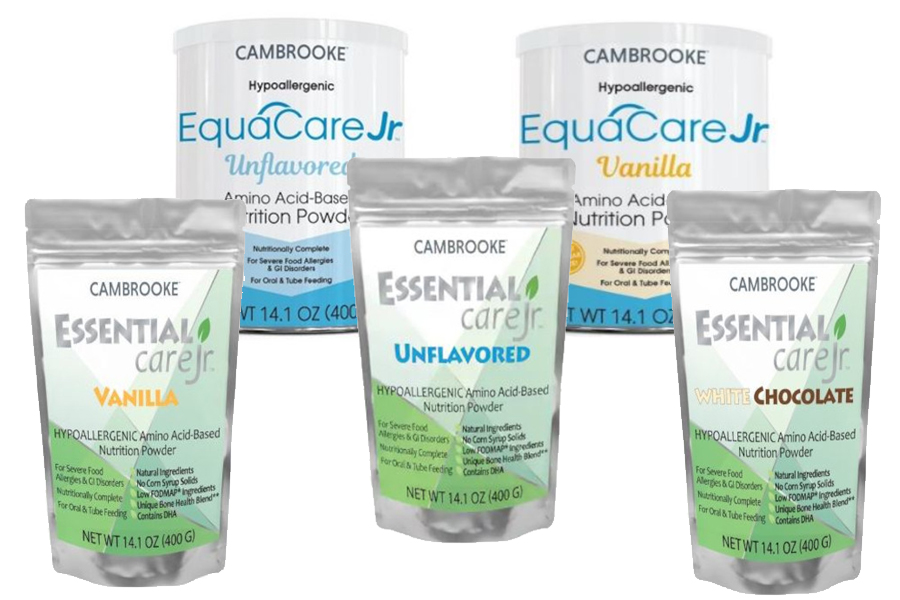
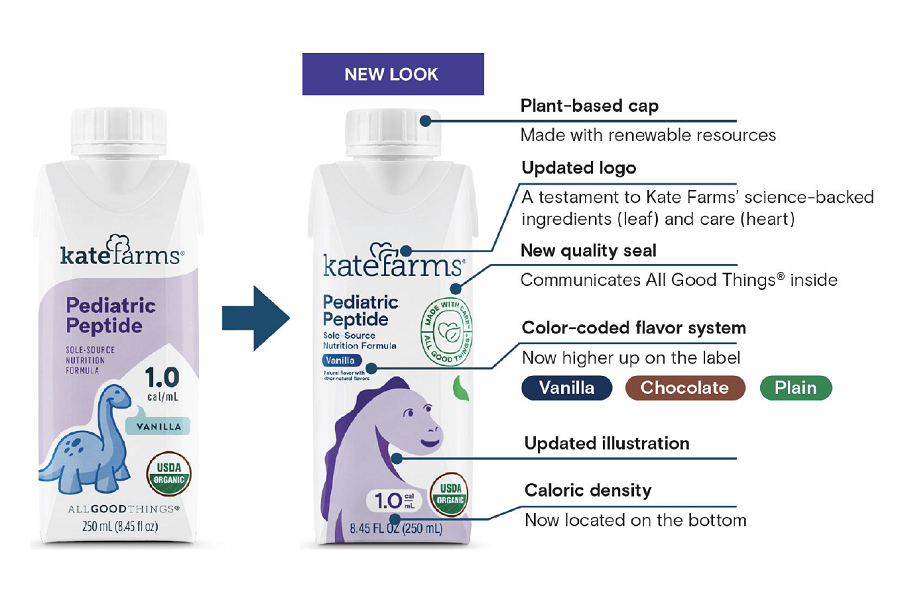



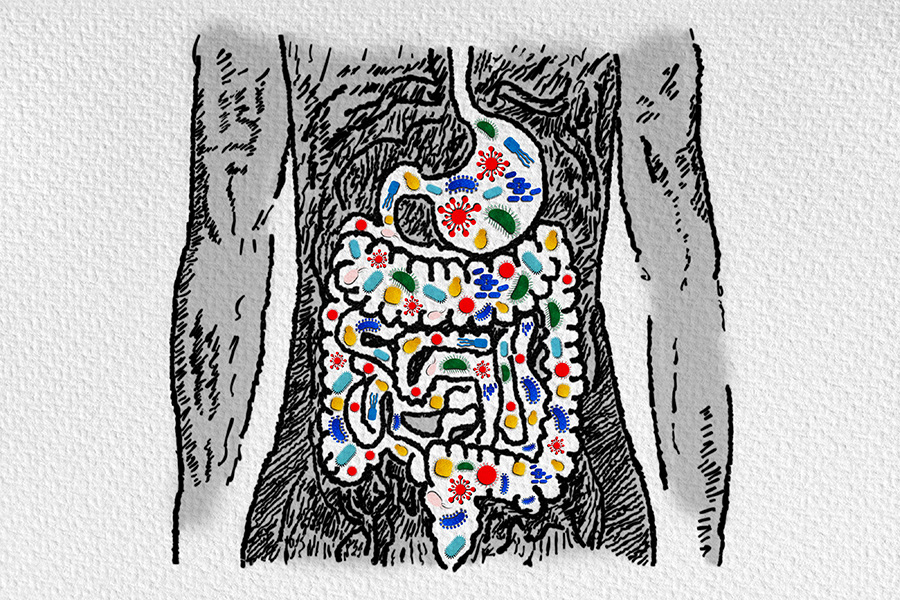
I AM VERY INTERESTED IN SHEILD PRODUCTS, ALONG WITH ANY INFORMATION< SUCH AS I RECEIVED,FROM YOU WEBSITE TODAY. ALL A VERY PLEASANT SURPRISE FOR ME! THANK YOU VERY MUCH!!
This is a great list of healthy food blogs as I am looking for healthy blogs to follow. I am currently in Taiwan now and I just can’t decide what to cook since most of the foods here are deep-fried.